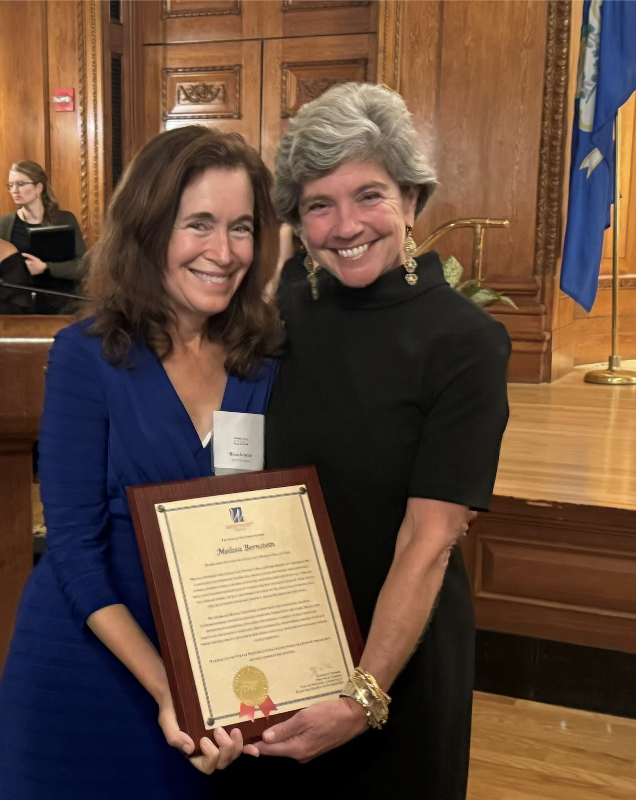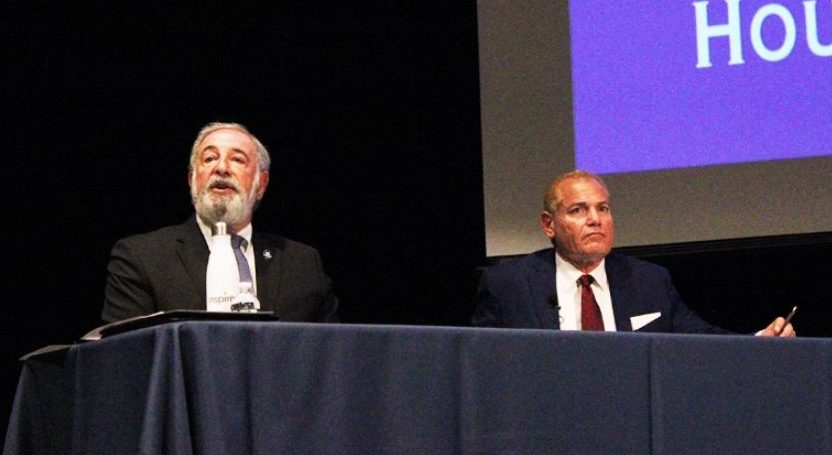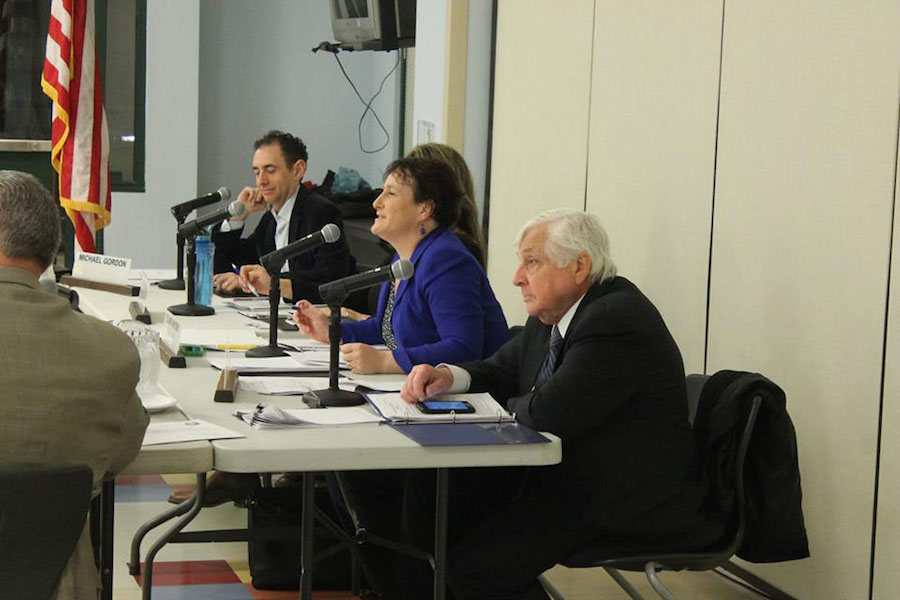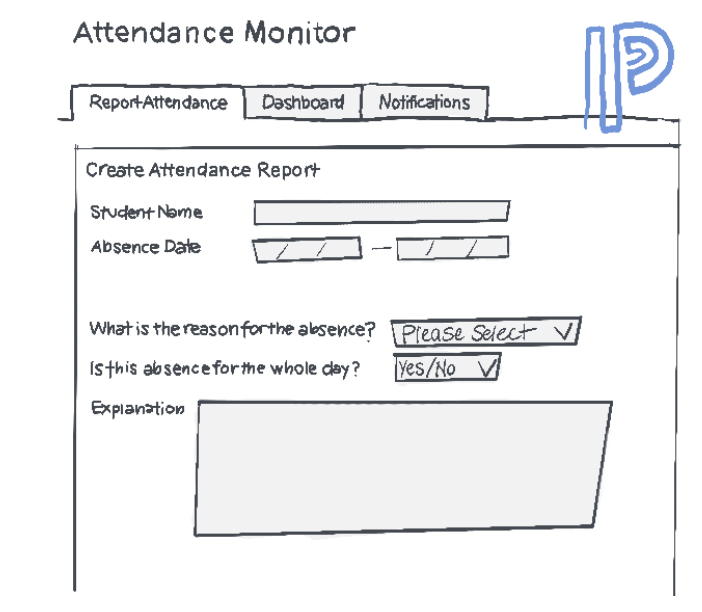Hours before proposing their budget to the Board of Finance (BOF), members of the Board of Education (BOE) had a closed-door meeting in which they made about $1.1 million in cuts.
The reduction came in response to a review of the schools’ healthcare expenses, which found medical claims for this year to be lower than expected and predicted that the town would end the year with $293,000 left in cash reserves.
This represents a sharp contrast to the projections made in December, which indicated a possible deficit of nearly $681,309. BOE Chair Elaine Whitney explained the situation in December.
“If the trends continued as they were seeing them in that point in time…by May or June we would have run out of cash in our reserve account,” Whitney said.
When the BOE created their original budget proposal, they worked off those earlier projections and planned to ask for a special appropriation of about $1 million to cover the unexpected costs.
Whitney said that no cuts were made to other areas to account for that expense.
“During the budget process, we tried to separate the two distinct issues,” she said. “There was no direct trade-off.”
Then, just before the budget was due to be reviewed by the BOF, new information came in, indicating that original projections were too high and that the schools could afford to cut back on healthcare costs.
Because those costs were handled separately, Whitney said, the last-minute session before proposing to the BOF had no impact on what she called the “core budget,” areas like salaries and supplies.
“When we made the adjustment based on the latest information about healthcare, it reduced healthcare numbers but it didn’t affect any dollars in the rest of the budget,” Whitney said.
Instead that $1.1 million cut was entirely for healthcare. The BOE eliminated $382,800 in response to lower cost predictions by the consultant. They then took out another $733,700 that was originally intended as a “risk corridor:” a kind of buffer in case costs increase unexpectedly.
Although that buffer was removed from the formal budget proposal, it isn’t gone completely.
According to BOF member Tom Lasersohn, the plan is to wait and see what expenses actually add up to at the end of the year before determining what funds should be devoted to building up that risk corridor.
“If in fact the claims come in as currently expected, at some point the [BOE] will come to the [BOF] asking for extra money,” Lasersohn said.
Despite the confusion, Whitney made assurances that Staples would get all necessary funds.
“There will be no major budget-driven changes to Staples,” Whitney said.












































